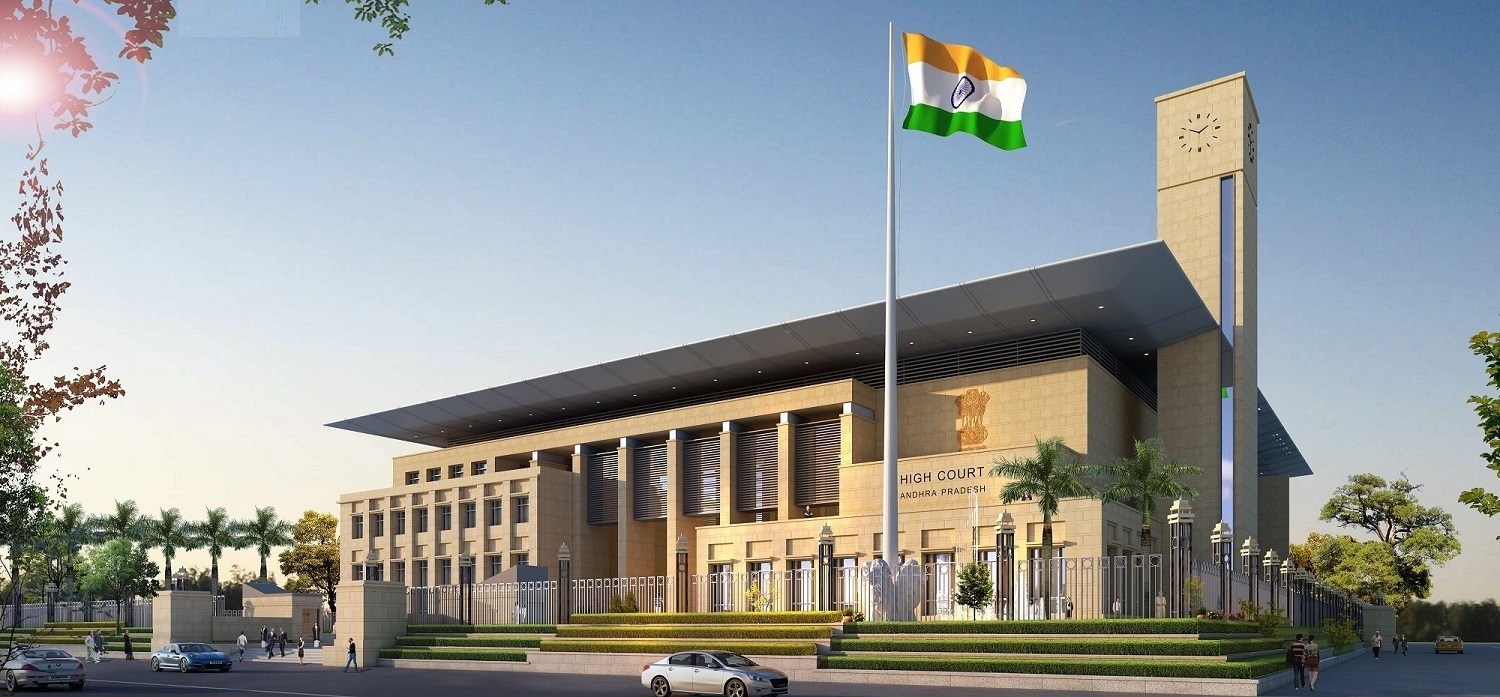-
by Admin
15 February 2026 5:35 AM



High Court directs transfer of execution petition from Principal District Judge, East Godavari, to Commercial Court at Visakhapatnam due to amended pecuniary limits.
The High Court of Andhra Pradesh has issued a decisive judgment clarifying the jurisdictional authority for executing arbitral awards. The bench, composed of Justices R. Raghunandan Rao and Harinath N., upheld a civil revision petition challenging the Principal District Judge, East Godavari District’s jurisdiction, citing the amended pecuniary limits under the Commercial Courts Act, 2015. This ruling mandates the transfer of the execution petition to the Commercial Court at Visakhapatnam.
The dispute arose from an arbitral award in favor of M/s Shriram City Union Finance Ltd., totaling Rs. 32,99,625/- plus interest. The respondent sought to execute this award in the court of the Principal District Judge, East Godavari District. The appellants, U.V. Satyanarayana and others, contended that the execution petition should be under the jurisdiction of the Commercial Court due to the pecuniary limits defined by the 2018 amendment to the Commercial Courts Act.
Commercial Courts Act Amendment and Pecuniary Jurisdiction:
The court highlighted the significant reduction in the pecuniary jurisdiction limit from Rs. 1,00,00,000/- to Rs. 3,00,000/- as per the 2018 amendment to the Commercial Courts Act. “This amendment necessitates that the execution petition, involving Rs. 46,46,965/-, should be managed by the Commercial Court at Visakhapatnam,” the bench noted. This adjustment was central to the court’s ruling, reaffirming the legislative aim to handle substantial commercial disputes within specialized courts.
Justice R. Raghunandan Rao emphasized, “The Principal District Judge, East Godavari District, lacks jurisdiction to process the execution petition post the 2018 amendment. Jurisdiction for such cases now exclusively rests with the Commercial Court for amounts exceeding Rs. 3,00,000/-.” This critical observation led to the annulment of the proceedings before the Principal District Judge.
Responding to the respondent’s reference to a stayed Division Bench judgment, the court clarified, “A stay does not invalidate the established legal principles of a judgment. Consequently, the principles articulated in the Division Bench’s judgment remain applicable unless explicitly suspended.” This interpretation maintained the legal validity of the prior judgments in similar contexts.
The judgment provided an in-depth analysis of statutory interpretations and legal precedents. The court underscored that Section 10(3) of the Commercial Courts Act directs that arbitration-related applications or appeals, surpassing the specified value, fall exclusively under the Commercial Courts’ jurisdiction. “The legislative framework distinctly delineates jurisdictional boundaries, affirming the exclusive authority of Commercial Courts over such matters,” the bench stated.
Justice R. Raghunandan Rao remarked, “The statutory framework clearly delineates the jurisdictional boundaries, reinforcing the exclusive competence of Commercial Courts in such matters.”
The Andhra Pradesh High Court’s ruling reaffirms the jurisdictional authority of Commercial Courts in executing arbitral awards involving significant monetary amounts. By setting aside the proceedings before the Principal District Judge, East Godavari, and directing the transfer to the Commercial Court at Visakhapatnam, this judgment underscores the importance of adhering to the amended pecuniary limits, impacting future arbitration-related disputes.
Representing Advocates:
Arrabolu Sai Naveen for Petitioners
Maheswara Rao Kunchem for Respondent
Date of Decision: July 04, 2024
U.V. Satyanarayana and Others VS M/s Shriram City Union Finance Ltd
